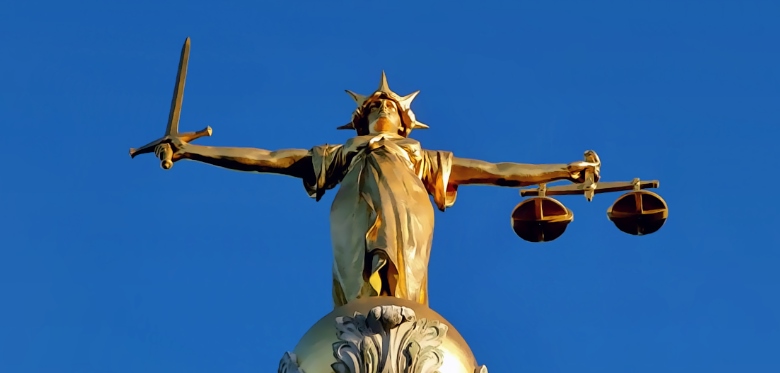While criminal prosecutions brought by private citizens or special interest groups (as opposed to the state / CPS) are nothing new, the case of Gail Purcell and Michael Mason, which closed last week, appears to be the first of its kind.
Ms Purcell was accused of careless driving, leading to the death of cyclist Michael Mason as he rode along Regent Street in London in February 2014.
At the time, the Metropolitan Police had refused to refer the case to the CPS, effectively ending any prospect of a prosecution by the state.
It was at this point that Cycling UK’s Defence Fund (CDF) took up the case on a private basis, bringing a private prosecution with the help of more than 2,000 people who donated a sum of more than £80,000.
On Friday, the jury took only 17 minutes to clear Ms Purcell of causing death by dangerous driving, rendering the private prosecution unsuccessful. Regardless, Sean Joyce – a specialist criminal law solicitor at Stephensons – believes this is the first of many similar cases to come.
“Public funding for criminal cases has been cut back in recent years. With less money in the pot, the police and CPS are now much more selective about what cases they chose to bring to court”, he said.
“The primary considerations are, one - is this case in the public interest; and two - does this prosecution have a realistic prospect of success? If not, it is unlikely that pursuing it will be seen as an effective use of police time and resources.
“As such, we would expect that – where private citizens believe their case has been wrongly denied it’s time in court – there could be a rise in the number of private prosecutions being brought. This is particularly true with the advent of modern technology.”
A costly business
Sean explains that, in the past, there have been significant financial barriers to individuals and groups bringing a private prosecution.
“Firstly, there is the initial cost of hiring the relevant experts and legal professionals to make a prosecution possible. Secondly, there is the prospect that those costs might not be recoverable, even if the prosecution is a success. A judge will only order the defendant to pay the other side’s legal costs if he/she can afford to do so. Even then, it may be only a small amount of the total expenditure.
“Thirdly – and perhaps most pertinent in this case – the process of gathering the funding to bring a prosecution, if the individual could not afford it alone, was quite significant.
“Modern crowdfunding platforms and social media mean that rather than going door-to-door with a clipboard, or meeting with investors, likeminded individuals, across the world, can support a cause with a few mouse clicks. The resources available because of modern technology mean the financial and logistical barriers are much reduced.”
A question of resources
Yet, in spite of this, the case failed to bring about a successful prosecution.
Sean suggests that, regardless of the amount of money a private prosecution might raise, the quality of litigation it produces will – usually – be of inferior quality to that which could be brought by the state / CPS.
“The state has resources available which money simply cannot buy. For example, the police’s ability to gather evidence, interview witnesses and use its considerable powers, cannot be replicated by a private investigator. I might ask you to attend an interview at my kitchen table and tape record what you say, but I cannot compel you do so in the same way the police might.”


